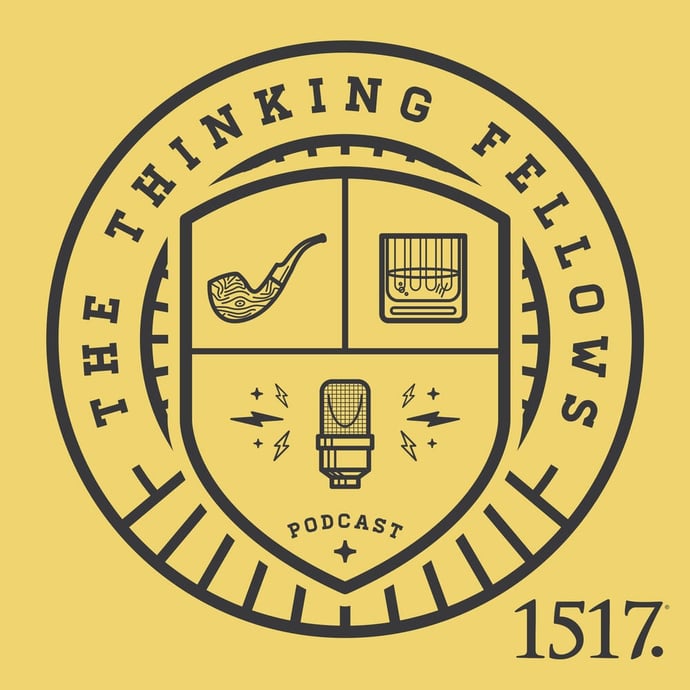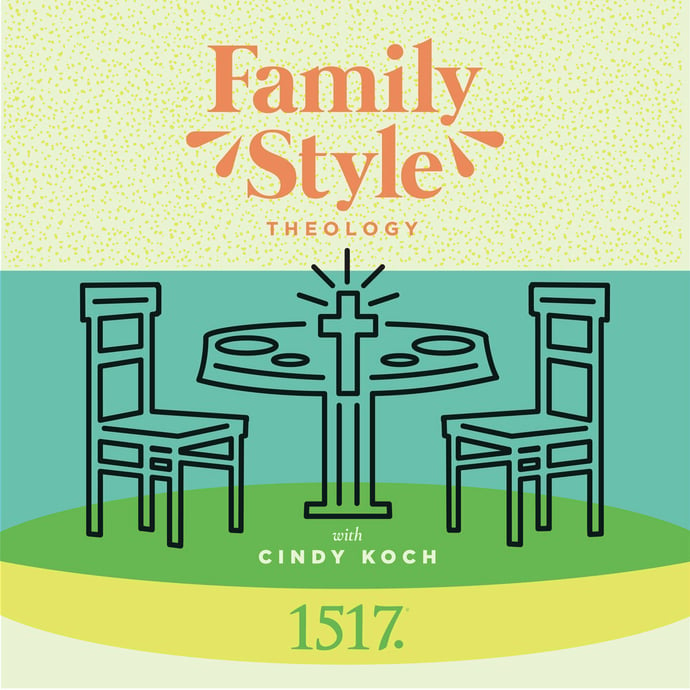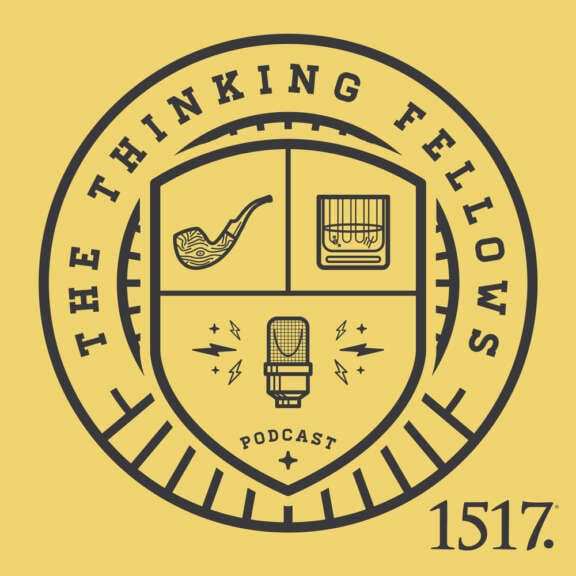Between the years 1550 and 1560 the giants of the Reformation are dying. The Fellows discuss the political and theological turmoil that occurred as a result of the Smalcald war.
Podcasts
Each 1517 Podcast is dedicated to delivering Christ-centered content through weekly, monthly, and seasonal audio platforms. Listen online or on your favorite podcasting app.
Author
- All Authors
- Aaron Zimmerman
- Adam Francisco
- Amy Mantravadi
- Blake Flattley
- Bob Hiller
- Bradley Gray
- Brian W. Thomas
- Bror Erickson
- Bruce Hillman
- Caleb Keith
- Chad Bird
- Chris Rosebrough
- Christopher Gillespie
- Cindy Koch
- Craig Donofrio
- Dan van Voorhis
- Daniel Deen
- Daniel Emery Price
- Darrin Sheek
- David Andersen
- David Rufner
- David Zahl
- Debi Winrich
- Delwyn Campbell
- Donavon Riley
- Doug Klembara
- Edward Killian
- Elyse Fitzpatrick
- Erick Sorensen
- Flame
- Grant Klembara
- Gretchen Ronnevik
- Haroldo Camacho
- Jacob Smith
- Jared C. Wilson
- Jeff Mallinson
- Jeffrey Pulse
- Jessica Thompson
- Jim Nestingen
- Joel Fitzpatrick
- Joel Hess
- John Andrew Schreiner
- John Bombaro
- John T. Pless
- John W. Hoyum
- John Warwick Montgomery
- Katie Koplin
- Kelsi Klembara
- Ken Sundet Jones
- Magnus Persson
- Matt Popovits
- Michael Berg
- Michael Horton
- Nick Lannon
- Paul Koch
- Peter Nafzger
- Philip Bartelt
- Raleigh Sadler
- RJ Grunewald
- Robert Kolb
- Rod Rosenbladt
- Ron Hodel
- Sam Leanza Ortiz
- Sarah Condon
- Sarah Crowder
- Scott Davis
- Scott Keith
- Steven Paulson
- Tanner Olson
- Troy Neujahr
- Uwe Siemon-Netto
- Wade Johnston
- William Cwirla
-
On this episode we talk about Cinderella, the difference between circumstance and identity, God's gifts found in ordinary objects, and our longing for the "happily ever after" ending. We were inspired by an essay by J.R.R. Tolkien called “On Fairy Stories”. Ultimately, these fun stories stir up simple truths about ourselves, our God, and the greatest story we know in the Gospel of Jesus Christ.
-
On this episode we recall the story Jack and the Beanstalk, discussing God's Kingdom and its perceived insignificance, also drawing connections from this fairy tale to the biblical account of David and Goliath. We were inspired by an essay by J.R.R. Tolkien called “On Fairy Stories”. Ultimately, these fun stories stir up simple truths about ourselves, our God, and the greatest story we know in the Gospel of Jesus Christ.
-
Join the conversation with Cindy Koch and her children in this six-part series involving select FAIRY TALES. On this episode we discuss the Lion King, recognizing sin and deceit in this world, but also finding hope for the happy ending promised to us in Christ. We were inspired by an essay by J.R.R. Tolkien called “On Fairy Stories”. Ultimately, these fun stories stir up simple truths about ourselves, our God, and the greatest story we know in the Gospel of Jesus Christ.
-
On this episode, the Fellows discuss the events leading up to and the fallout after Luther’s death.
-
Between the years 1550 and 1560 the giants of the Reformation are dying. The Fellows discuss the political and theological turmoil that occurred as a result of the Smalcald war.
-
Riley and Gillespie dig into the Doctor Angelicus and his catechism on Baptism.
-
The Fellows take a one week break from their series on the history of the Reformation to answer listener questions. The questions range all the way from the doctrine of Zwingli to apologetic responses to evolution.
-
The Thinking Fellows cover the major reformational events between 1535 and 1539.
-
Coming back from the Diet of Augsburg the Lutheran reformers began responding to the doctrinal backlash of the Confutation.
-
In 1530 an imperial diet was called to the city of Augsburg. Among many issues to be addressed was the increasing influence of Lutheran theology.
-
Before his death in 1532 Ulrich Zwingli led a more radical reform than those in Wittenberg. Zwingli was not only a theologian, but also a humanist, and a soldier ultimately leading to his death on the battlefield.



